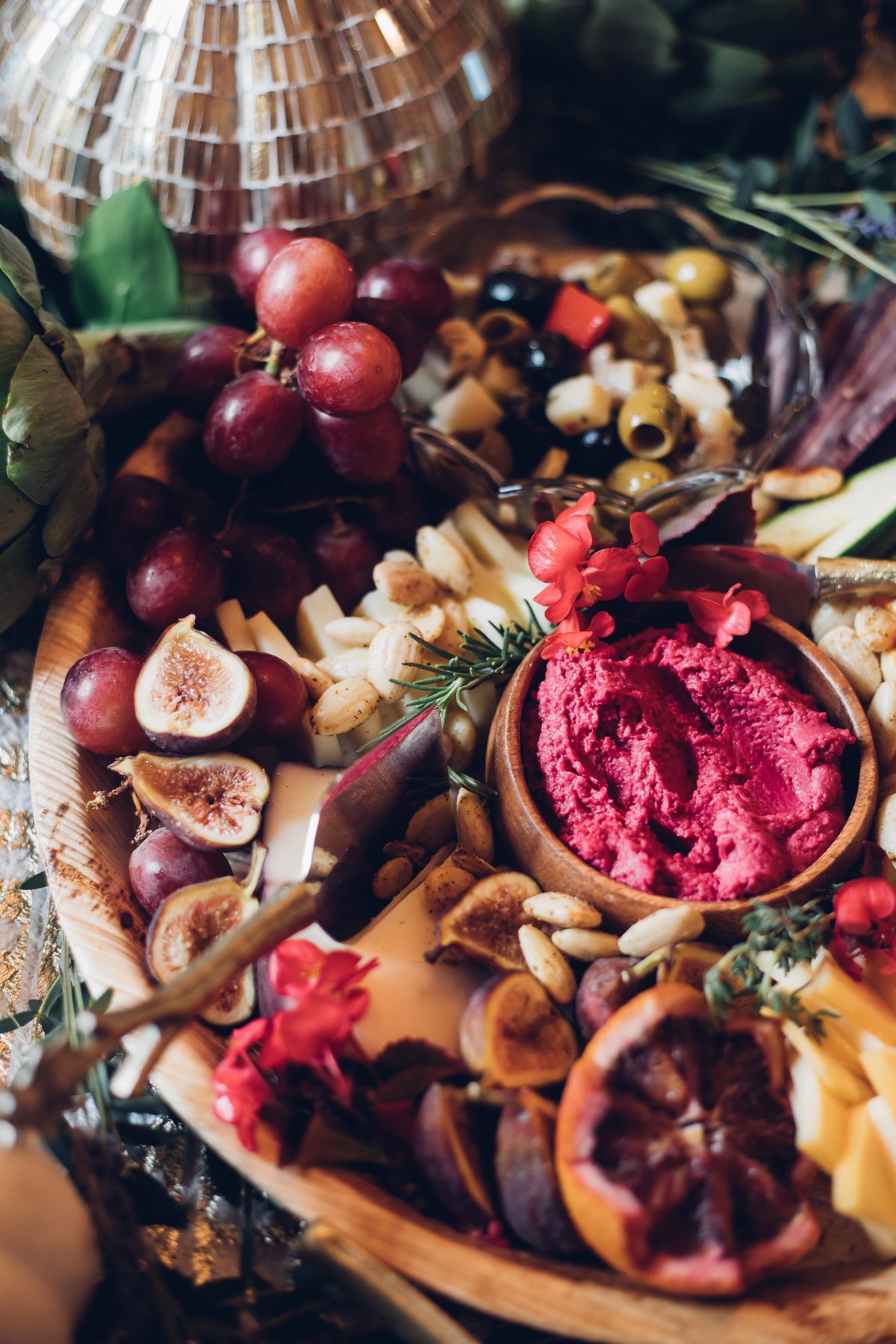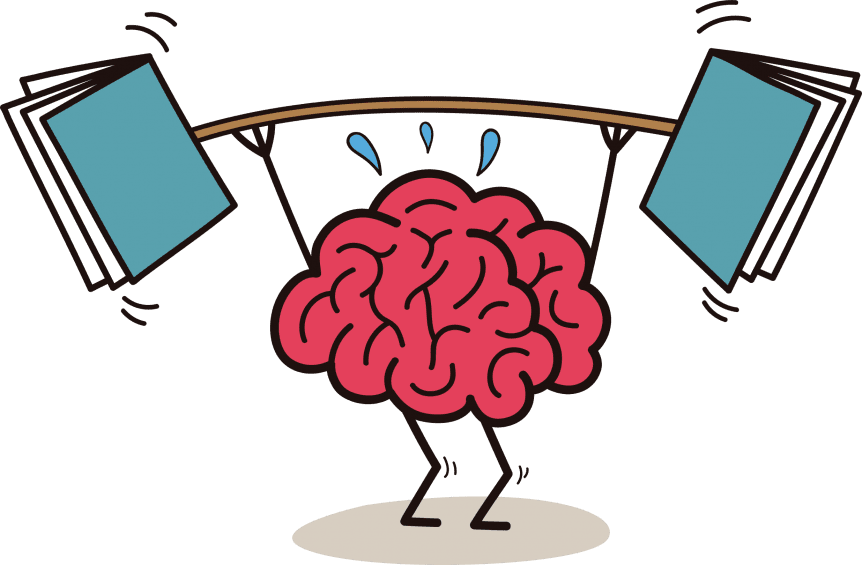Brain health is one of the most important topics of 2020 and knowing your own brain health can affect your future as much of your brain processes affect your lifestyle. It is exciting to know that through the science of neuroplasticity, we know that our brain can change and grow. We are not stuck with the brain that we were born with nor with the brain we have trained into bad habits. Growth and change are possible.
Habits are formed when you do something long enough that it becomes ingrained or automatic such as brushing your teeth. The rule of thumb to enforce a habit being only 21 days is a myth. The reality is that researchers from University College London found that the average was closer to 66 days with some individuals succeeding at only 18 days and others (the hard-headed ones) taking almost a full year at 254 days. Unfortunately, breaking a good intention is pretty easy and quick, like some people do this daily while breaking a bad habit is much harder. According to recent research from Yale University, a bad habit (not an addiction) takes a sustained abstinence of the habit of 90 days to allow the gradual re-engaging of proper decision making and analytical functions in the brain’s prefrontal cortex. Addictions, on the other hand, can be a life-long enemy as recovery can be a daily battle, especially with certain drugs and lifestyles. The reality is that this is why so many people have already failed at their new year’s goals by the time that you read this article. The goal is to make a new habit by doing it consistently one day at a time for at least two months. So, as you set your sights on the habits of brain health below, pick one or two to follow through on and when that becomes a habit, add another and by this time next year you could have 8 new great brain-healthy habits and a healthier brain, happier life.
Habit #1: Hydration/Nutrition. Plan to drink ½ your body weight in ounces of water daily and eat lean/green, organic foods, which are rich in nutrients such as magnesium. When you feel stressed, eat some nuts, dark chocolate and drink plenty of fluids. Add spice, reduce wheats and eliminate sugars.
Habit #2: Read daily for at least 15 minutes. It doesn’t matter whether this is a magazine or a book but reading not flipping through the pictures is the point — in fact, you are doing your brain good while reading this. When you feel pressure, take a moment to focus on something else by picking up a book/magazine and deep breathing while you read. Perhaps, have a daily scripture reading or chapter in a book if you are not a reader.
Habit #3: Focus on the blessings that you have each day and spend time in meditation and prayer so that your mind can enrich. When you feel stressed, journal about it and let the stress flow out into private thoughts that you can pray and meditate on. An attitude of gratitude fuels the brain as it builds up the hope and happiness hormonal levels which leads to a more positive outlook.
Habit #4: Learn something new and challenging whether this is picking up crocheting or puzzles. Try something that has been hard for you in the past and keep trying it daily as this helps forms new brain connections. When you feel anxious about this, try saying the alphabet backwards! Challenge yourself by partnering with a personal brain trainer who will hold you accountable and push you to learn.
Habit #5: Socialize with friends and family in a tech free environment at least once daily. Social connections are important for the brain so spending time tech-free while conversing with others will build the auditory/listening skills and fire up new synaptic connections. If socializing makes you tense, try starting with one friend/family member at a time and make a “date” of it.
Habit #6: Invest in yourself. Take time to enjoy something fun, pleasurable and relaxing daily. This can be the good book in the bath with scented candles and bubble bath or it can be a night out with a friend, or even just a piece of indulgent chocolate. It can also be choosing to set aside time to work with a personal fitness trainer or a personal brain trainer which can benefit both the body and the brain. Remember, indulging yourself is not the same as investing in yourself. Do something that leads to a better you and start small with perhaps making an invest in me calendar.
Habit #7: Create an atmosphere of rest around you. Sleep properly by making your sleeping environment a healthy place with no TV, electronics, blue lights, etc. Add scents and perhaps an infuser or a room spray that has a relaxing scent like lavender. Strive to reduce your technological intake to a limited amount and cut it off one hour prior to bed. Play soothing music or listen to an audiobook as you drift away. Leave all phones and other WIFI enabled gear out of your sleeping places so that you can dream uninterrupted.
Habit #8: Set goals for new healthy habits by controlling risky behaviors or habits and breaking out of them. Choose one habit that is bothering you or irritating those around you who love you and deliberately choose to break that habit whether that be an eating issue, an addiction, or just an annoying habit several others have commented on. While this may be the most difficult of the tasks, it can also be the most rewarding. Choose to be deliberate and substitute the habit with a healthy brain habit such as doing a logic puzzle. If tech addiction is the issue, try going back to a paper/pen world for a while. Partner with a local counselor or therapist who specializes in breaking addiction. Do not let life’s cares throw you back into the path of that addiction but get an accountability partner who will hold you to your goals.
Join the Shreveport-Bossier Community in a Healthy Brain, Healthy Workplace, Healthy Life, Brain Fitness Summit on March 13 and 14. For more information or to reach out to someone to partner with you on these goals, reach out to us at The Brain Train Learning Solutions. 318.655.3884 or LearningRx at 318.797.8523.








